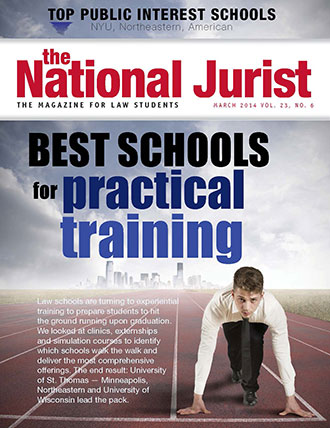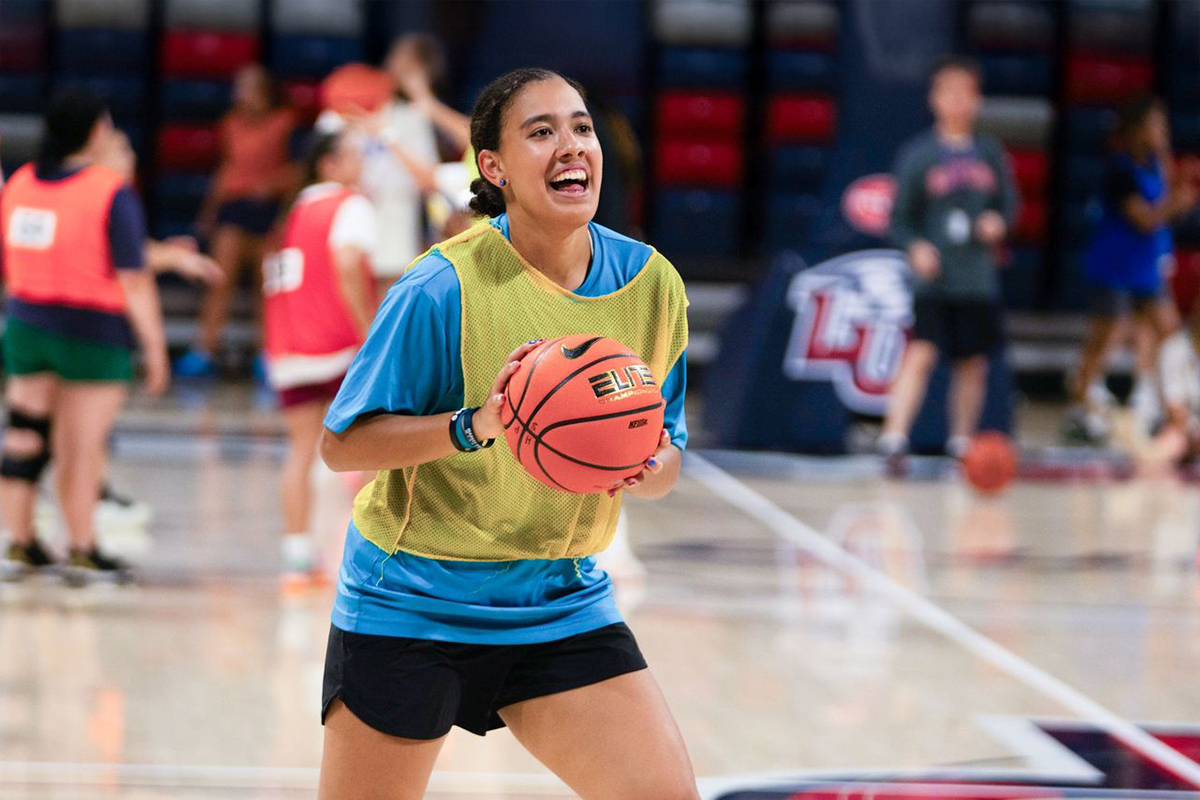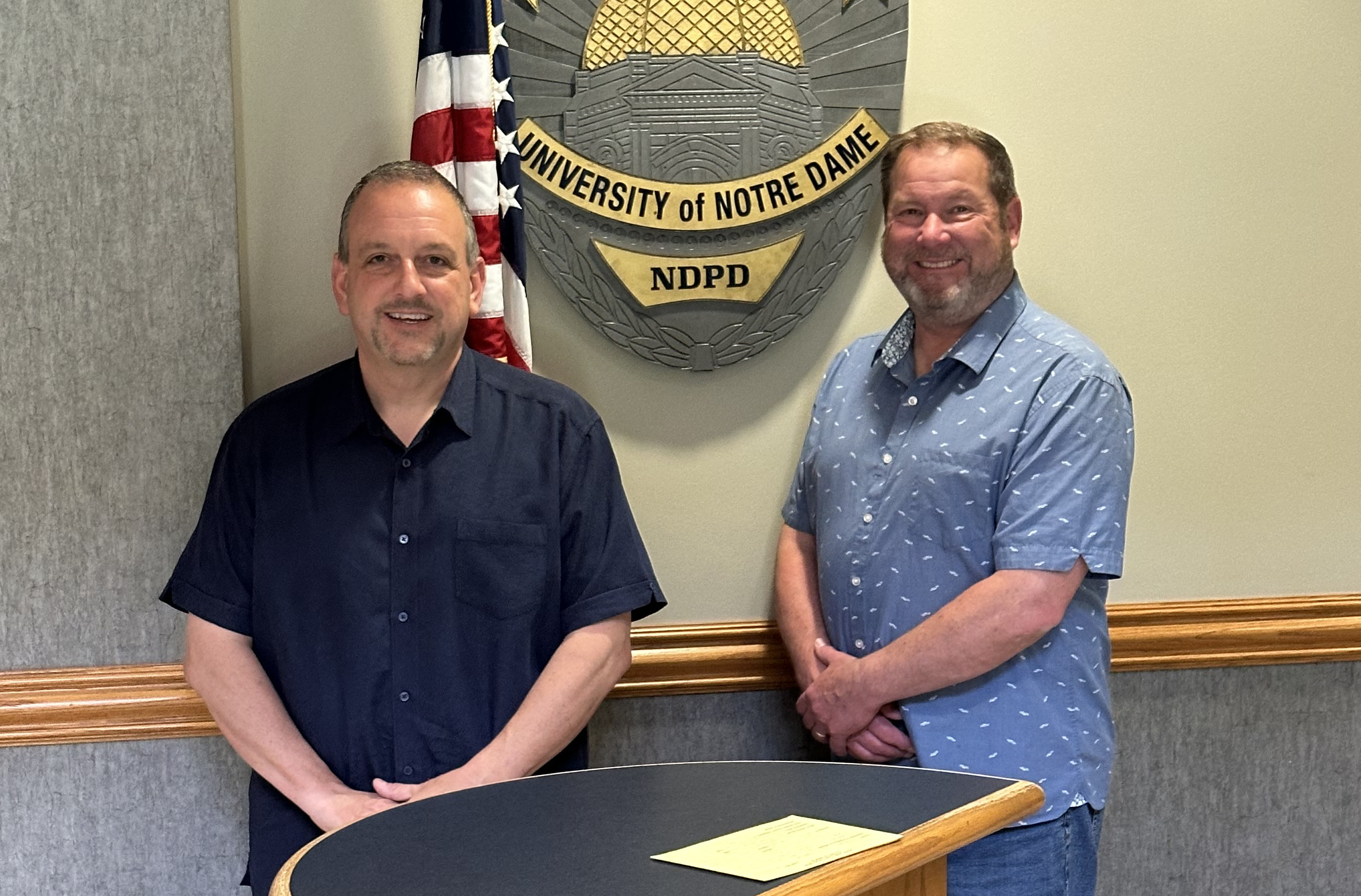Search News Archives
Filter News Articles
Additional Navigation
Law school’s experiential training rated among nation’s best
March 18, 2014 : By Liberty University News Service - Office of Communications & Public Engagement
 |
| Liberty University School of Law is ranked among the top 21 law schools in the nation for experiential learning. |
Liberty University School of Law received an “A” in the cover story of The National Jurist magazine’s March issue that features the Best Schools for Practical Training.
Liberty Law was one of 21 universities and colleges across the United States to receive an “A” or higher, putting it in the top 10 percent of all 203 law schools in the nation. Liberty was ranked directly behind Boston University’s School of Law and received the same grade as Seton Hall University, the University of Connecticut, Temple University, and Northwestern University among others.
Based on information compiled in December for the American Bar Association, schools were rated on the number of faculty-supervised clinical positions filled, the number of field placement or externship positions filled, and the number of simulation positions filled, weighted in that respective order.
The magazine awarded bonus points to schools using unique innovations, such as capstone courses, pro bono requirements, practicums, and legal practice or practice court programs to make learning models even more intensive.
“Liberty Law is a national leader in providing experiential learning to our students,” said Mat Staver, dean of Liberty University School of Law. “We teach both the substance of law and how to apply law in real-life situations. Our students and graduates have a competitive advantage because they are better prepared than their peers to address real-world situations.”
According to the story, the national shift in emphasis toward experiential learning is in response to criticism that many law students were not graduating with practice-ready skills. In 2007, a Carnegie Foundation report stated, “Most law schools give only casual attention to teaching students how to use legal thinking in the complexity of actual law practice.”
In a January opinion piece in The Chronicle of Higher Education, lawyers Grace Liu and John Fitzgerald argued for reform in the legal education system, writing, “The legal market is glutted with law school graduates who can handle a professor’s hostile questions but do not know how to competently write a legal document, try a case, or assist in a business transaction. Law students are trained to be legal scholars instead of practicing professionals.”
A 2012 survey of law school students by the Law School Survey of Student Engagement found that participation in experiential training activities “significantly and positively affects students’ perceptions they are developing in personal and academic dimensions, including writing, speaking, research, and job-related skills.” It also discovered that experiential education not only accomplishes its primary goals of developing competence, but also helps students develop the attributes of effective lawyers.”
“The feedback we receive from lawyers and judges is that our students and graduates are ready to hit the ground running,” Staver said. “Liberty’s mission is to train highly skilled and effective lawyers who maintain high values and ethics. It is nice to see Liberty being recognized as a national leader.”


